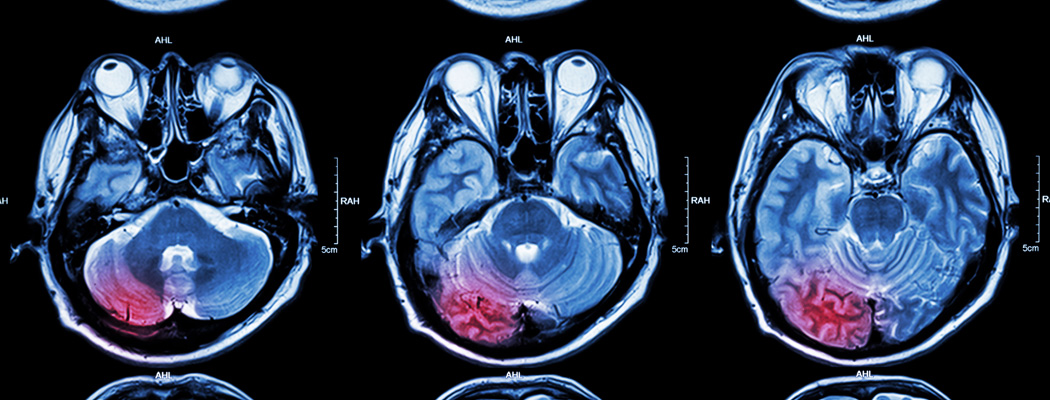
5 min read
Tuesday, 23 August, 2022
When abnormal cells grow in the brain, that growth is called a brain tumor. All brain tumors are not malignant or cancerous. Some are benign.
A brain tumor can be seen in the brain, spine, or cranial nerves.When one is diagnosed with a brain tumor, one no longer functions as before.
Causes of Brain Tumor
The causes of a brain tumor are:
- Advancing age
- Congenital brain cancer
- Habitual smoker
- Exposure to fertilizers, herbicides, and pesticides, plastic, lead, petroleum, rubber, and textiles
- Suffering from an Epstein-Barr virus infection
Symptoms of Brain Tumor
The symptoms of a brain tumor depend primarily on its type, location and size. Broadly, they include:
- Very severe headaches in the morning or those that wake up an individual at night
- Personality changes
- Issues concerning balance or dizziness
- Seizures
- Numbness in the face or feeling of tingling
- Difficulty in speech, thought, and understanding language
- Nausea or vomiting
- Difficulty hearing
- Weakness in one side of the body or partial paralysis
- Trouble with vision
- Disorientedness and confusion
Risk factors of Brain Tumor
- Current and past medical history
- Genetics
- Advancing Age
- Exposure to chemicals and radiation
Diagnosis of Brain Tumor
If you have the symptoms of a brain tumor, your doctor will ask you to undergo a physical exam. He will also ask you to undergo the following tests:
- Imaging tests like MRI, PET, and CT scans to see where the tumor is
- A brain biopsy for further diagnostic testing and to determine if the tumor is malignant
- A lumbar puncture to collect a fluid sample from around the brain and spinal cord and check if it is cancerous
Treatment of Brain Tumor
There are several options for treating brain tumors. These are surgery, radiation therapy, radiosurgery, brachytherapy, chemotherapy, immunotherapy, and targeted therapy.
Coping Strategies
- Clear all doubts that you may have regarding your condition.
- Stay close to family and friends.
- Pick a confidante from your bunch of friends.
- Be patient with yourself
- Don’t think too far ahead
- Be positive
Why Kauvery?
Coming to terms with the fact that one has a brain tumor can be very difficult. Some patients take their time to accept this reality, but that’s where we come in. At Kauvery Hospitals, we aren’t just doctors and nurses treating you; we’re also your friends in whom you can confide your fears, problems and vent your anger. We’re there for you because we understand your frame of mind and offer just the right solace and help. Come to Kauvery Hospitals; we’re there for you.


 Neurosciences
Neurosciences Bariatric Surgery
Bariatric Surgery